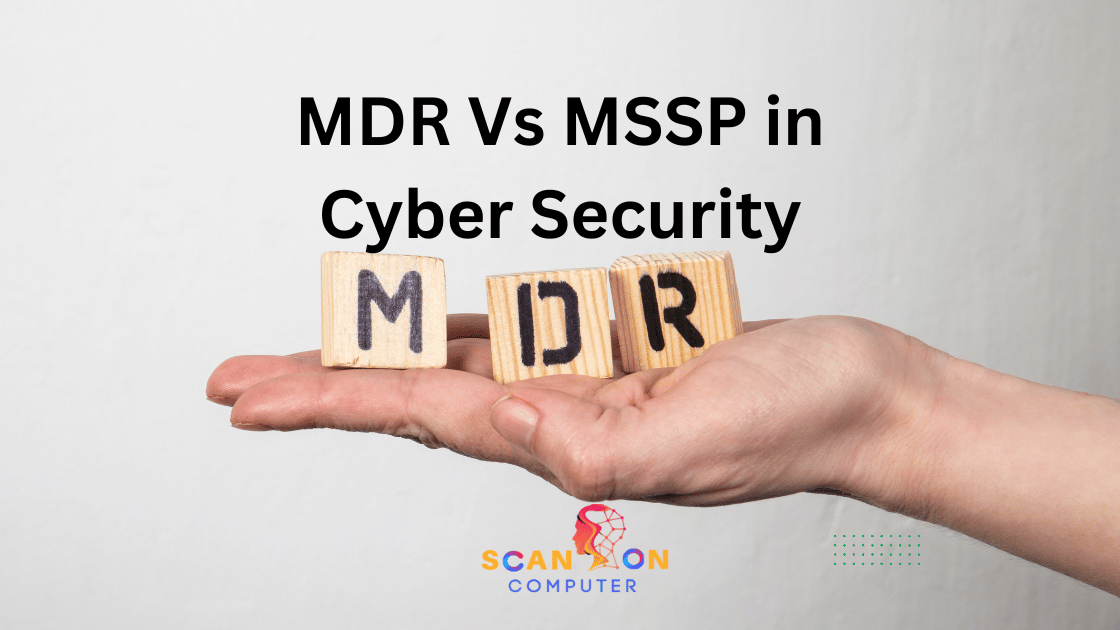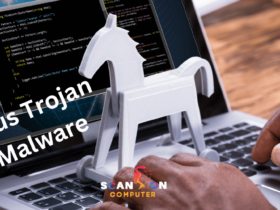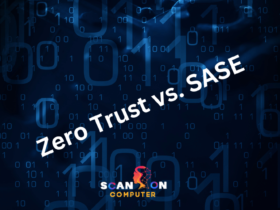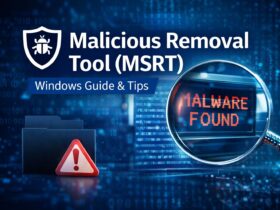Companies that must meet stringent compliance standards or are suffering from security staff shortages will find MDR services beneficial, though they must carefully weigh all their options when considering them.
Traditional MSSP services generally deliver alerts on detected threats but leave response and remediation to be completed by their customer, potentially leading to alert fatigue and prolonging investigations into threats.
What Is Managed Detection and Response?
At a time when data breaches have become all-too-commonplace, protecting your company’s information has never been more crucial. Employing an MDR service ensures your business can detect and respond to threats before they lead to data loss or compromise.
MDR services offer an economical alternative to building in-house security teams. Many managed security service providers (MSSPs) include technology costs in their service packages so you don’t need to invest time and money in purchasing or maintaining tools to defend against cyber attacks.
MDR services can also help reduce alert fatigue by consolidating threat detection and response capabilities into one platform. By employing user behavior analytics, network traffic analysis, and endpoint detection and response (EDR), leading MDR providers can significantly lower the number of alerts your organization receives.
An MDR service may also offer Incident Response (IR) support, which is vital when responding and remediating data breaches. Without IR expertise available immediately following a breach occurrence, organizations could experience unnecessary delays in investigation and response time – an MDR can help your business reduce these delays by working in tandem with its Security Operations Center to quickly investigate and contain threats.
What is an Managed Security Service Provider?
An MSSP (managed security service provider) specializes in managing and monitoring an organization’s cybersecurity. This involves responding to cyberattacks, identifying vulnerabilities in networks, protecting sensitive data within, as well as evolving with their customers to prevent costly attacks.
MSSPs employ various tools to detect, assess and respond to threats. EDR software monitors endpoints and collects data; this information is then compared against company baseline behaviors to detect suspicious activities. MSSPs may also employ user behavior analytics (UBA) which provides insights into how users are engaging with an organization’s systems and applications.
Threat Intelligence (TI), which relies on research and threat sharing, allows MSSPs to quickly detect new or evolving threats targeting an organization, while also giving access to expertise such as malware analysts or digital forensic specialists that an in-house team may lack.
What are the benefits of MDR?
Due to ever-evolving threats, CISOs and security directors can become overwhelmed with keeping their teams safe. Utilizing MDR with a SIEM platform as part of your overall cybersecurity solution will free up time for strategic projects while taking care of some detection/response activities for you.
MDR utilizes advanced technology in combination with human threat hunters and incident responders to detect and address threats. They use forensic tools to search for indicators of compromise in your network and can uncover attackers quickly before they escalate privileges further and move laterally across your organization towards sensitive information or other high-value assets.
MDR can also help alleviate the effects of cybersecurity skills shortage by taking on some of the work that would otherwise overburden your internal team, giving them more work/life balance while offering real-time assistance from experienced professionals 24/7/365.
Difference between MDR and an MSSP
MDR differs from an MSSP in that its focus lies more in detection and response. Instead of simply sending alerts, an MDR service may provide active responses such as redirecting traffic or shutting down compromised systems that can help mitigate threats while decreasing dwell time.
MDR services often feature more in-depth forensic tools that enable them to detect issues that traditional MSSPs fail to notice, giving organizations the edge in mitigating risks and protecting critical data. This can be invaluable.
MDR services can also assist businesses in improving their security posture and becoming more resistant to attacks by optimizing security configurations and eliminating potentially high-risk systems. This is particularly beneficial for organizations that must adhere to stringent compliance regulations or have limited resources at their disposal to manage security tools effectively.
When considering both MDR and MSSP services, it’s crucial to ensure they fit your organization’s security needs. Both options provide valuable benefits, so choosing the most suitable service provider is essential in being ready for a cyberattack.
The Relationship Between MSSP and MDR
Your choice between an MSSP and MDR should ultimately depend on your organization’s individual requirements. If your needs include everything from detection to incident response, an MSSP might be ideal; otherwise, an MDR solution could offer faster detection times with quicker response times than its counterpart.
MDR providers specialize in detecting sophisticated threats quickly, cutting dwell time from days to minutes and improving teams’ ability to recognize breaches quickly. Their detection technologies and endpoint agents enable 24/7 specialized threat detection that’s difficult for most in-house teams. With Fortinet Falcon Complete for service providers, MDR offerings can be added onto existing MSSP solutions with customized detection and response capabilities for each customer need – helping differentiate security services while increasing revenue. To find out how this solution could benefit your security services business or revenue growth click here and request a demo session now!
Advantages and Disadvantages of MSSP
MSSPs offer companies many solutions to cybersecurity challenges, including compliance management services. MSSPs can ensure a company abides by certain regulations – something especially helpful for government organizations that must follow stringent compliance laws.
MSSPs also offer 24/7 security monitoring, which can be particularly advantageous to companies having difficulty hiring experienced IT security specialists. Furthermore, MSSPs often offer better deals on hardware and software than an individual business could obtain themselves.
However, MSSPs do have their drawbacks. One such drawback is their inability to quickly respond to alerts – which could prove hazardous if an attack or breach were taking place at that moment. Furthermore, these outsourced security teams often communicate via faceless portals which can frustrate companies looking for more involvement from their outsourced security team and expertise from it. Furthermore, depending on which security tools an MSSP employs it may not detect all forms of threats effectively.
Which is Better: MDR or an MSSP?
Dwell time is a term commonly discussed in cybersecurity reports; it refers to how long cybercriminals remain undetected before being discovered by authorities. Managed Security Service Providers can reduce dwell time through using preventative tools like antivirus solutions, firewalls and web gateways; however the best way is detection and response with MDR’s single solution set that integrates multiple security offerings while using human threat hunting and remote incident response capabilities to quickly identify threats in your network and respond swiftly.
An MDR service can be an ideal solution for organizations that already possess a robust in-house Security Operations Center (SOC), or need to reduce costs associated with managing one themselves as well as recruiting and training experts in-house.
MDR services typically deliver fast returns on investment by decreasing alert fatigue experienced by internal teams, speeding up incident detection times and speeding up response time. Many MSSPs now include MDR as part of their offering – although some use misleading marketing claims about what the service actually provides without offering all essential functions of MDR.
Reasons to choose an MDR service
An MDR service can dramatically decrease the time required to detect and respond to threats, making them ideal for businesses with limited cybersecurity resources. Plus, an MDR team works around-the-clock monitoring networks against attacks.
Many MDR services include human threat hunters and incident response teams that can detect threats that automated tools may miss, thus helping reduce dwell time of threats in your environment and thus lower financial risks for your organization.
Small and mid-sized businesses may believe they will not be targeted by cybercriminals because they do not appear large enough. Unfortunately, any business can become vulnerable. An MDR service can reduce dwell time for phishing attacks on your network, greatly strengthening security going forward.














Leave a Reply
View Comments